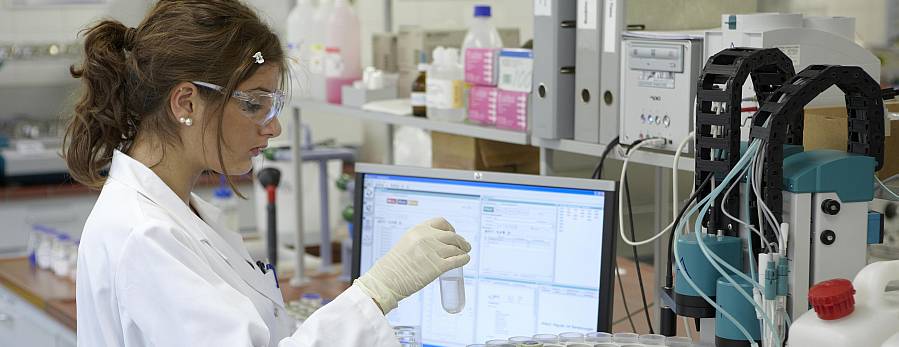Sustainability
OEKO-TEX® Standard 100 – New test criteria and limit values for 2016

- Webinars in German and English provide additional detailed information on the further improvement of sustainable consumer protection for textile products
- Perfluorinated compounds, organotin compounds, softeners/phthalates, pesticides, chlorinated phenols, chlorinated benzenes and toluenes, colourants classified as carcinogenic and which are thus prohibited, polycyclic aromatic hydrocarbons, alkylphenols and alkylphenol ethoxylates as well as flame-retardant substances
- The new test parameter “UV stabilisers” was also included in OEKO-TEX® product class IV.
www.oeko-tex.com/test-criteria-2016.
For textile producers, brands, retailers and other interested parties who would like more details about the latest changes in the OEKO-TEX® Standard 100 criteria catalogue, OEKO-TEX® will hold two webinars in German and English on 03 February 2016. Participation in the webinars is free. Registration is possible until 29 January 2016. All participants can direct their individual questions to the moderator of the webinar via Live Chat so that they can be answered during or shortly after the event. The following webinars are available:
- German webinar on 03.02.2016, 11:00 (CET)
Registration / log-in data: via mail to Ms Birgit Klaus, e-mail: bklaus@certification-oekotex.com - US webinar on 03.02.2016, 12:00 (EST USA)
Registration / log-in data: via mail to Ms Dina Dunn, e-mail: dina@blinkready.com
Using its extensive and strict catalogue of measures with several hundred regulated individual substances, the OEKO-TEX® Standard 100 not only takes into account important statutory regulations, requirements of Annexes XVII and XIV and the SVHC candidate list for textile products from REACh together with requirements from the US Consumer Product Safety Improvement Act (CPSIA), but also significantly and to a high degree supports initiatives such as the “Zero Discharge of Hazardous Chemicals (ZDHC)” initiative and the “Detox Campaign”. Through the continuous work by expert groups in the OEKO-TEX® Association and the updates to the OEKO-TEX® Standard 100, which take place at least once each year, new scientific innovations and findings are constantly taken into account.
If you require more information on the new OEKO-TEX® test criteria, please also contact the OEKO-TEX® Secretariat (info@oeko-tex.com) or the OEKO-TEX® Institutes and representative offices www.oeko-tex.com/institutes).
